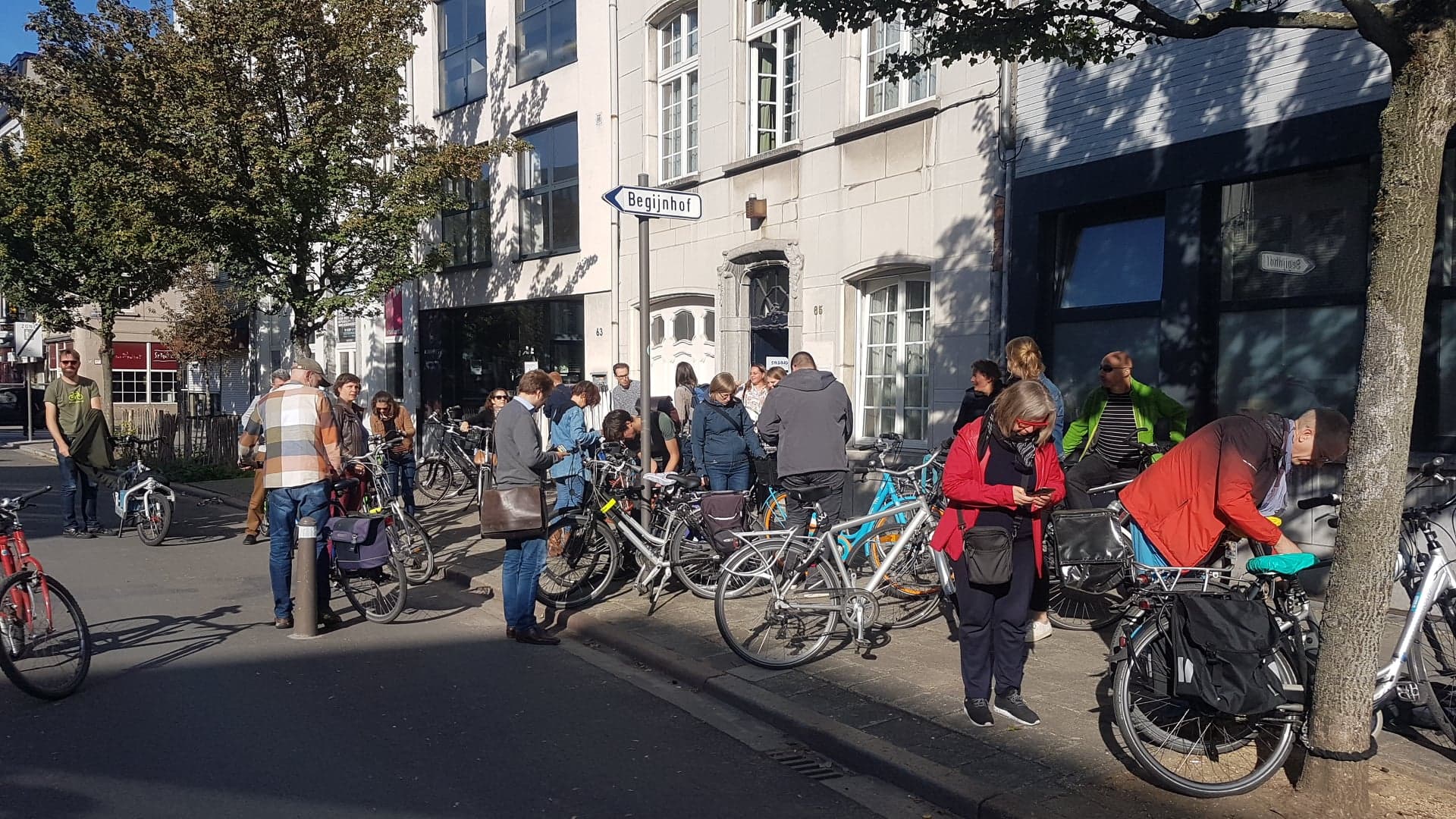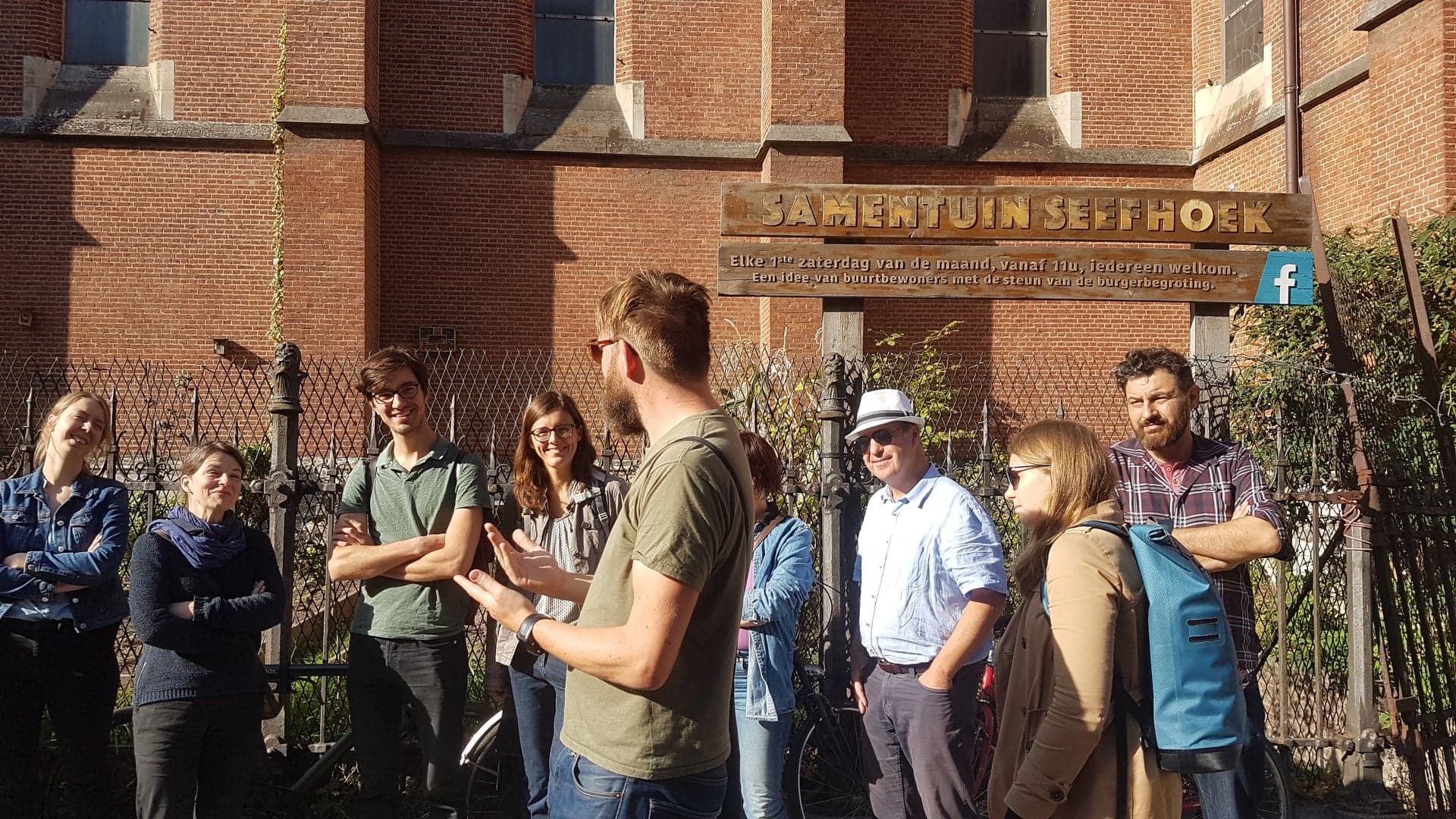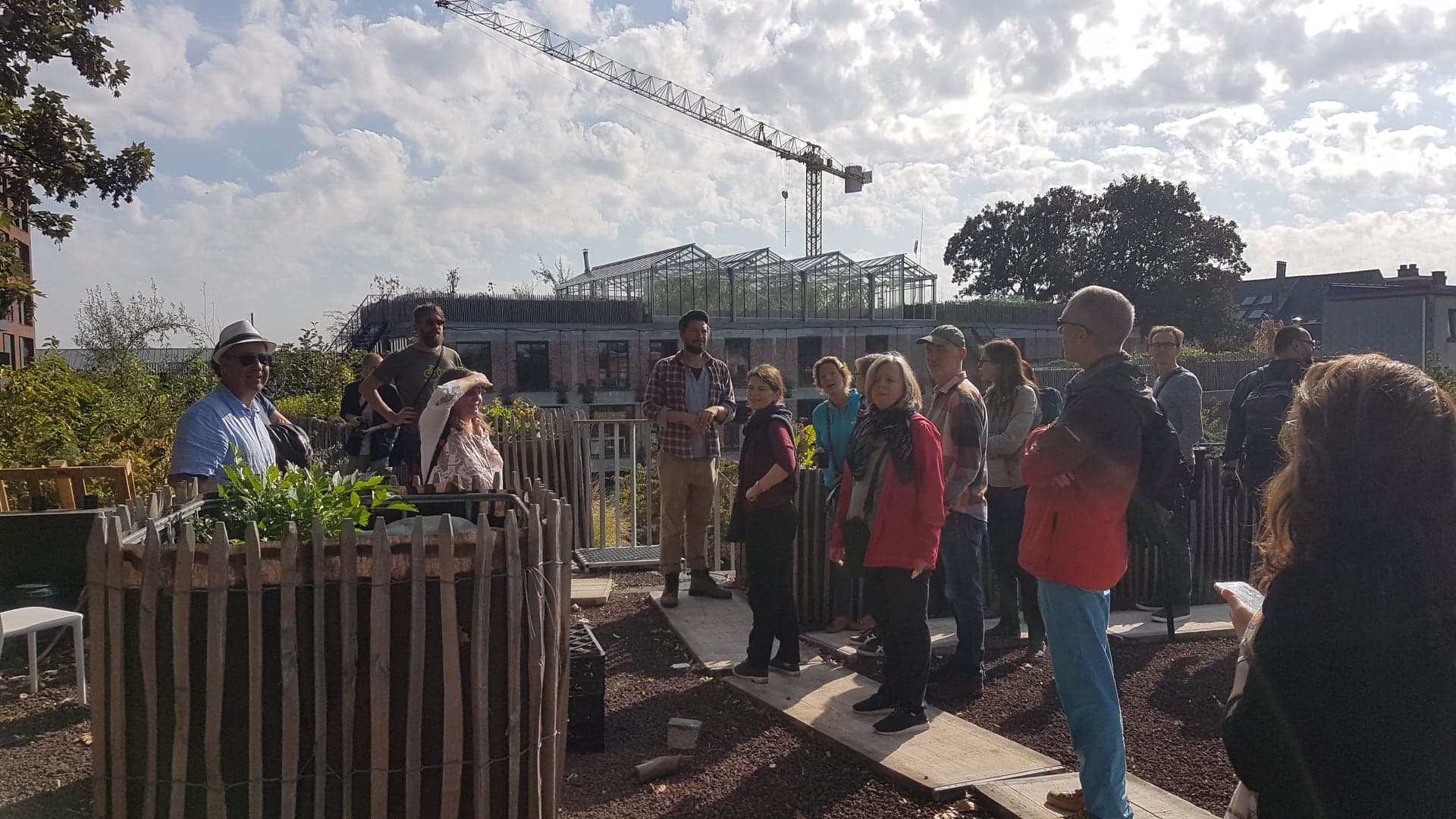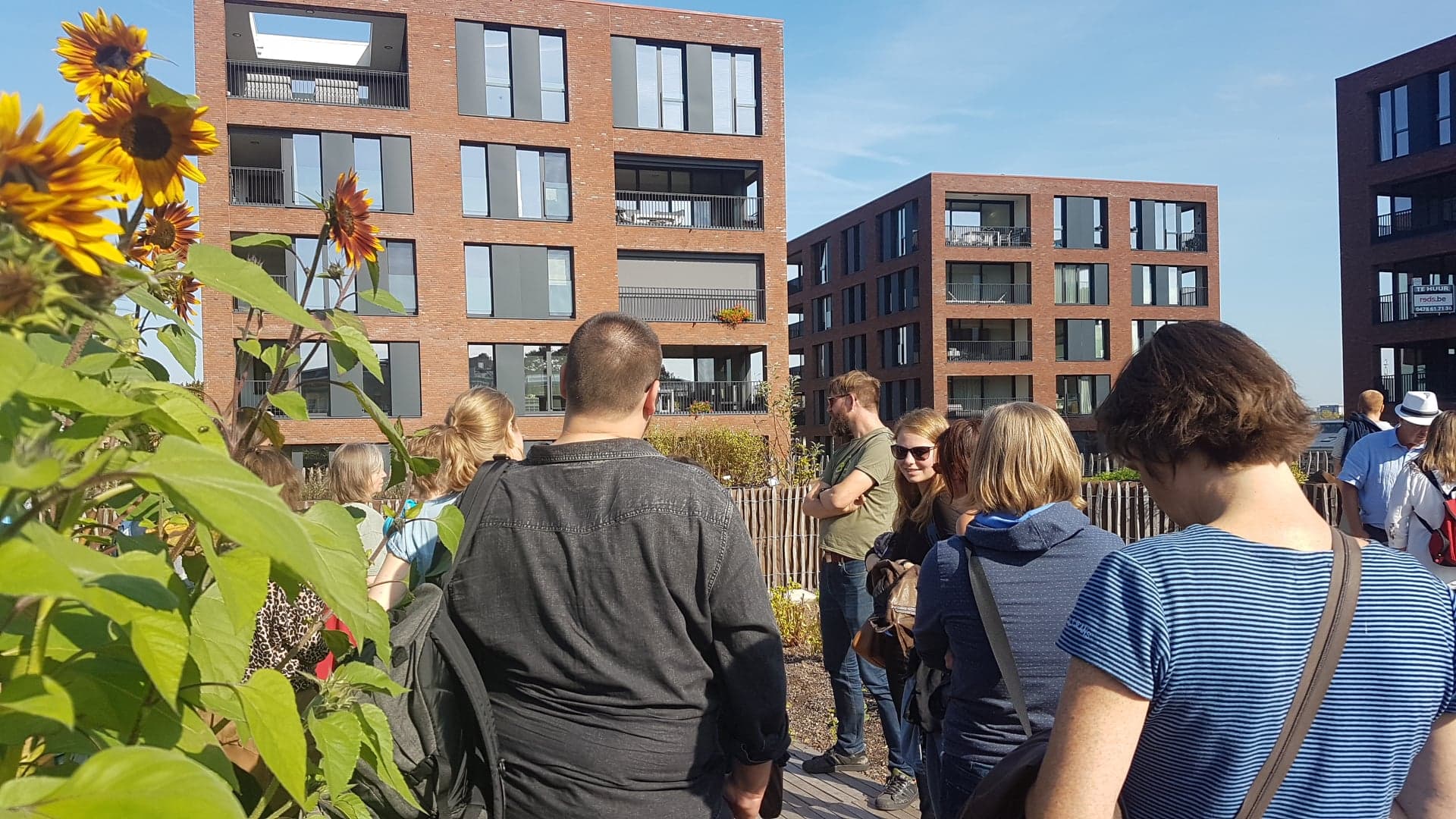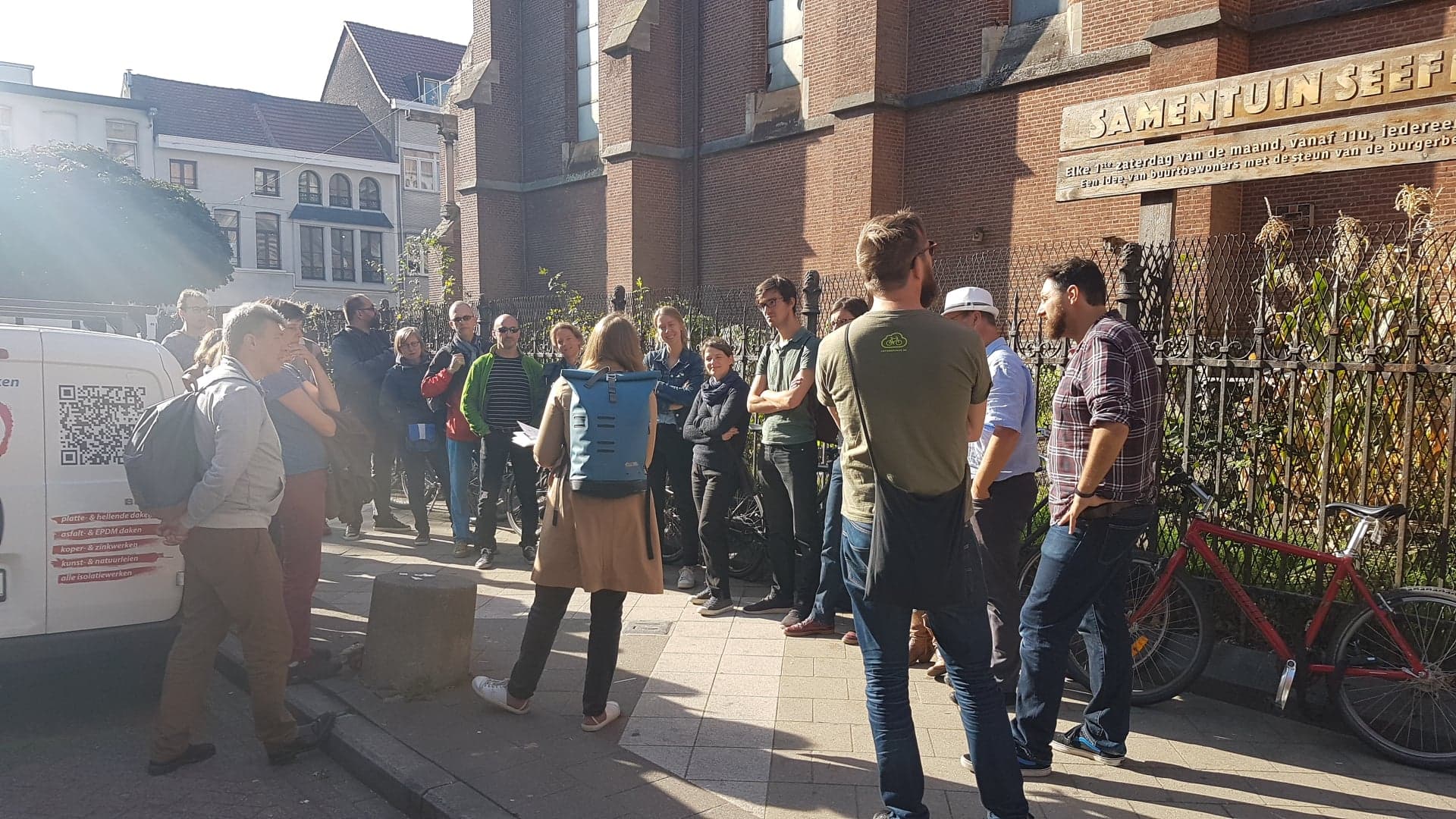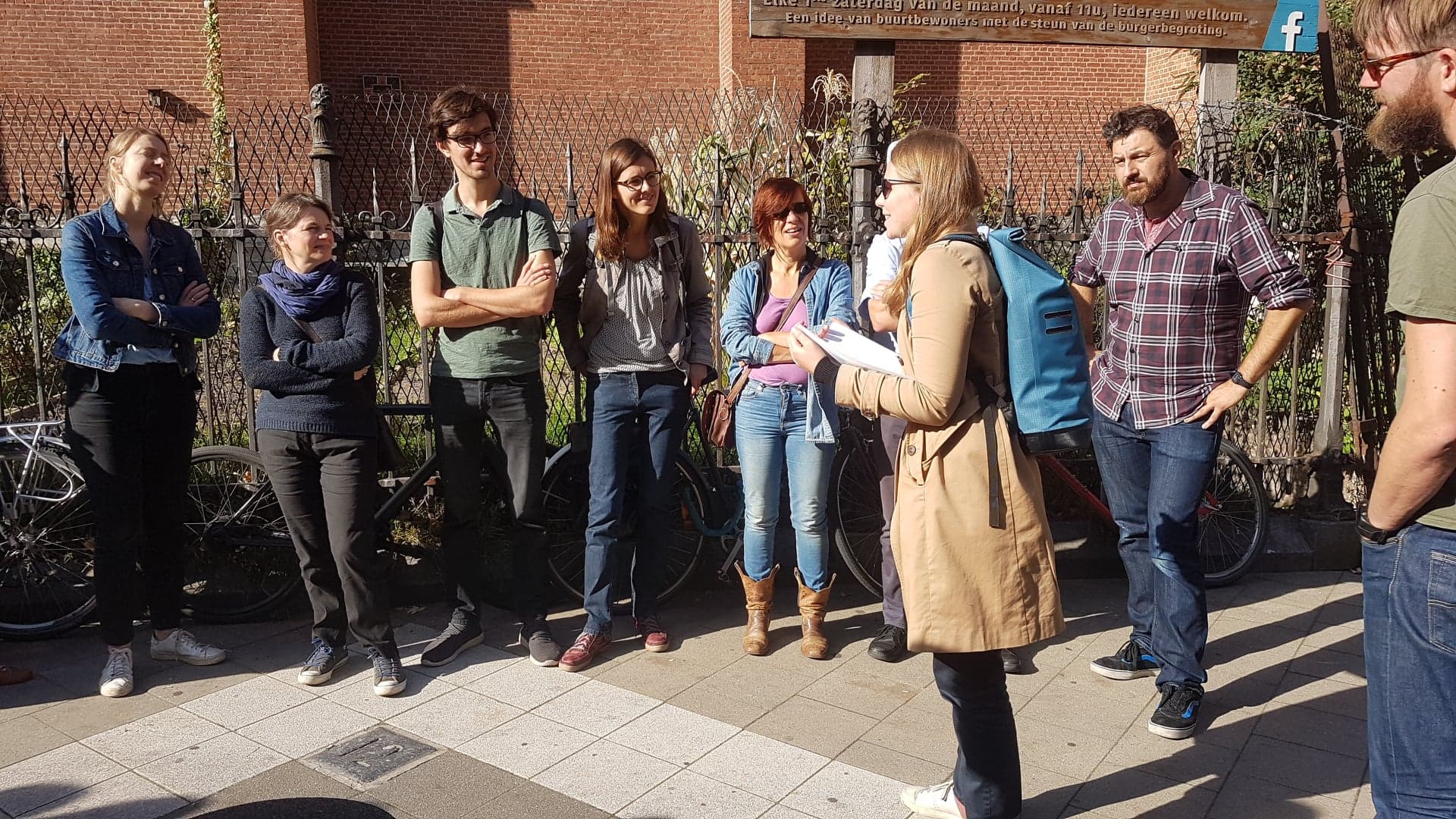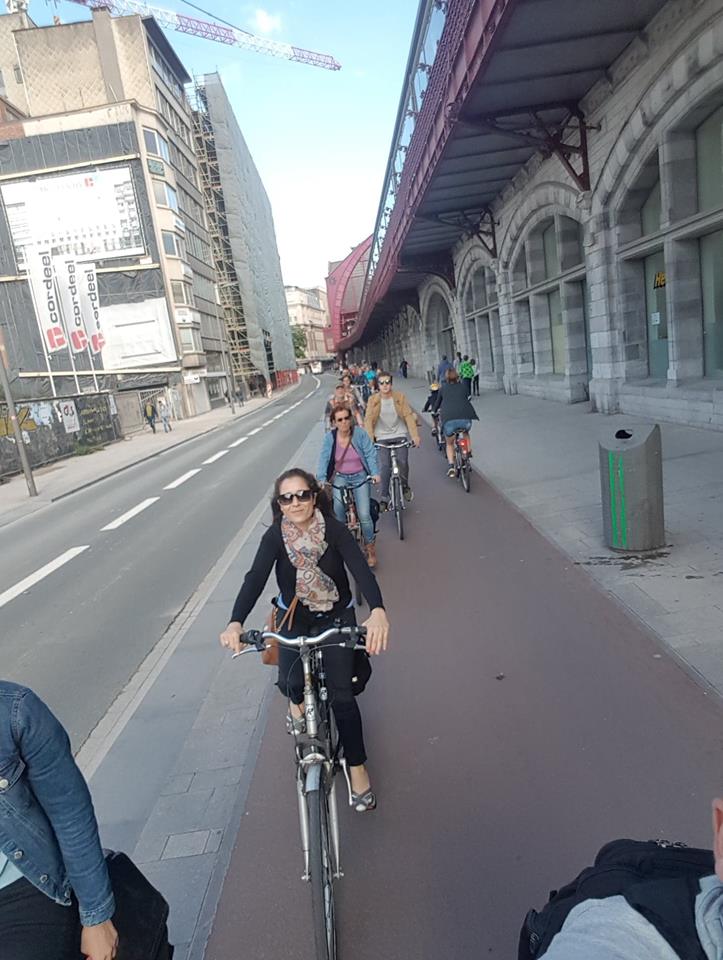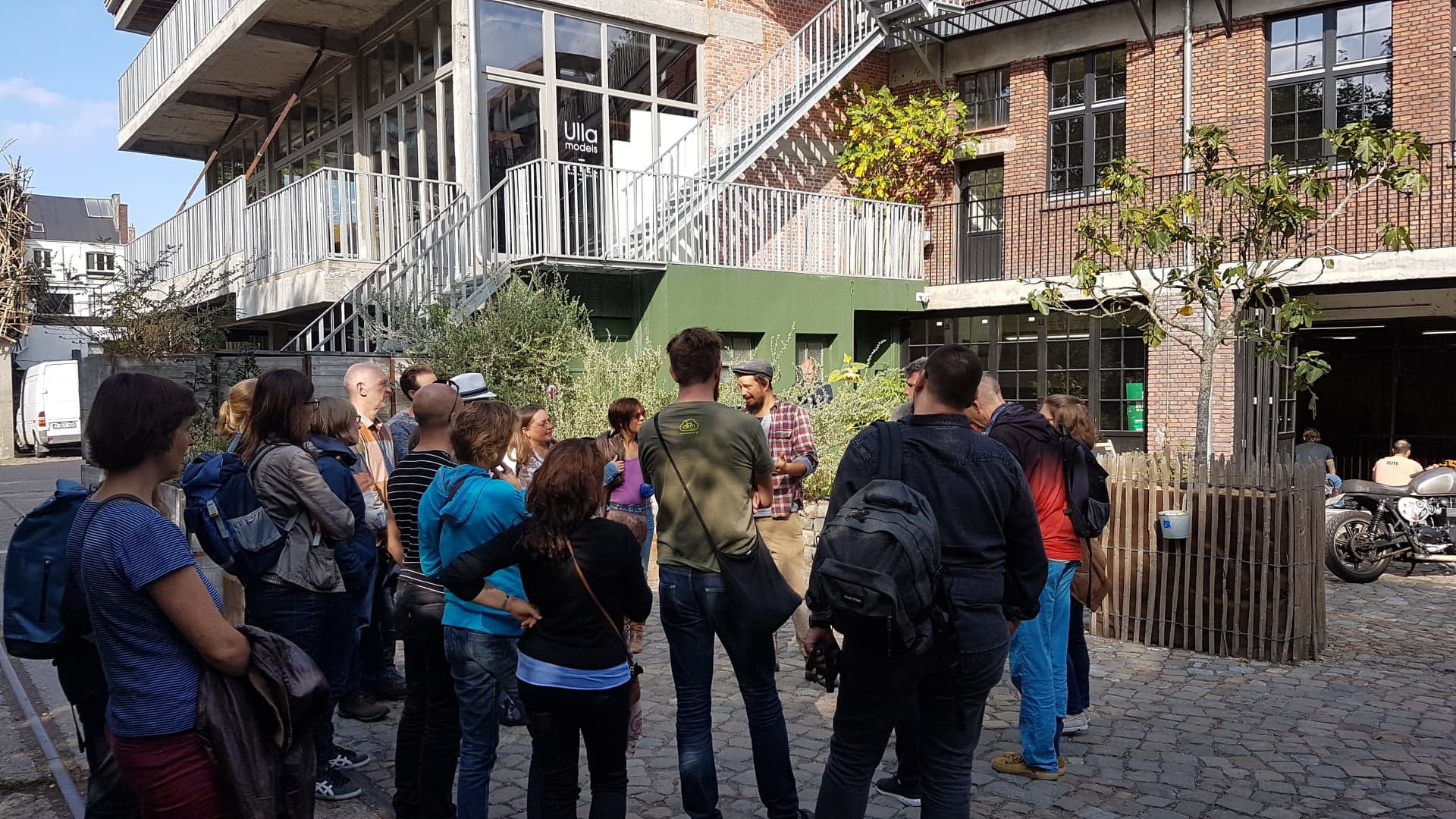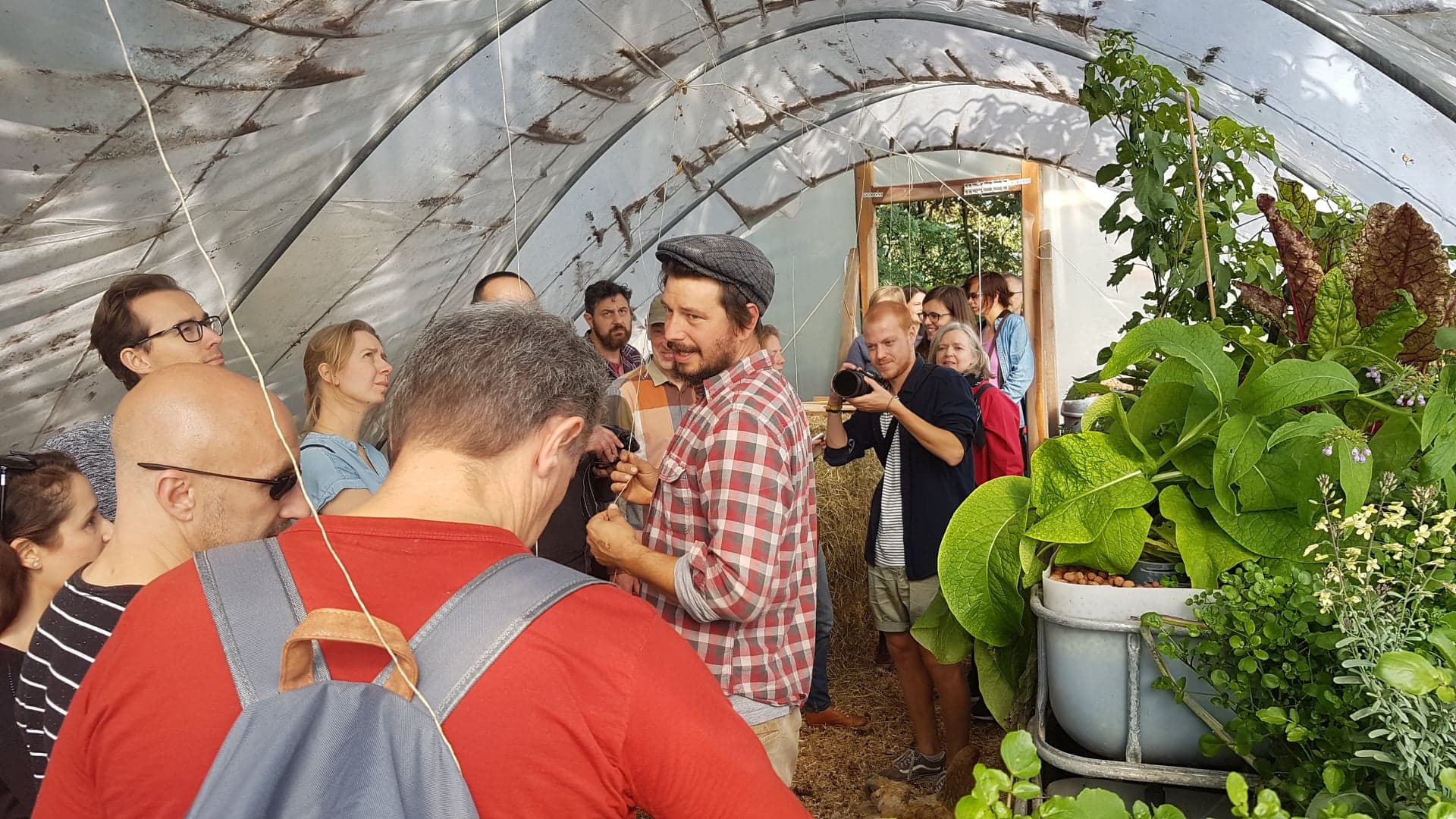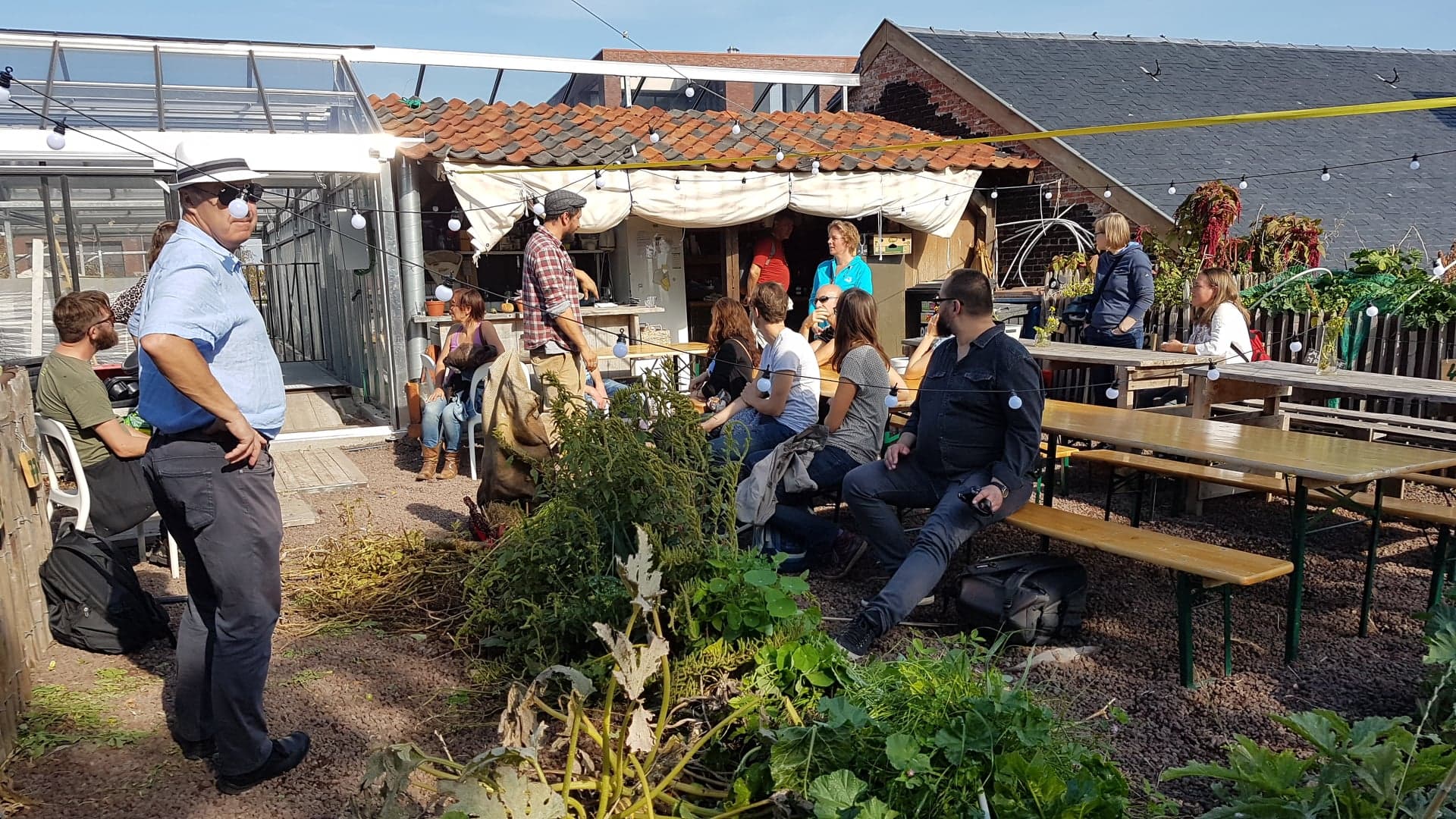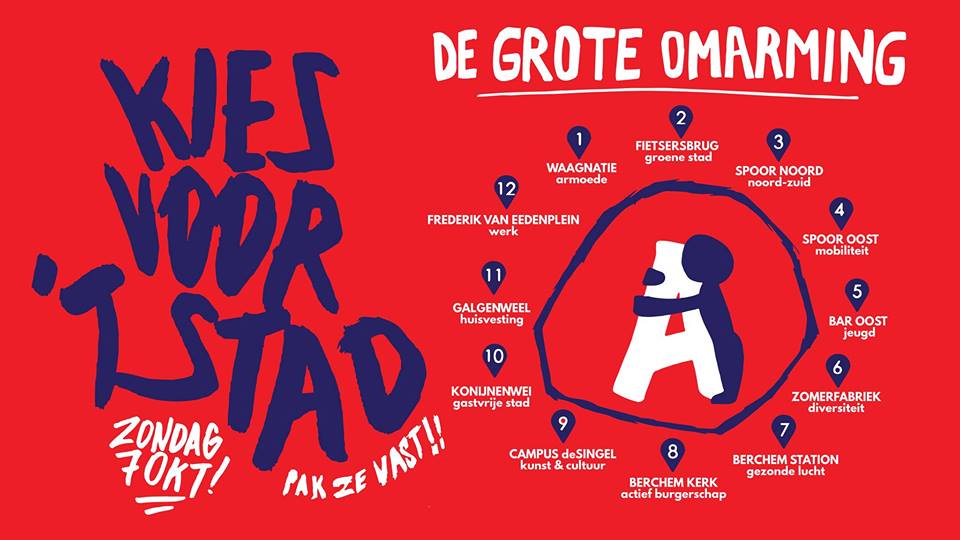Om antwoorden te zoeken op actuele maatschappelijke uitdagingen nemen burgers steeds vaker het heft in handen en dit onder meer in de vorm van burgercollectieven die zelf goederen of diensten produceren, meestal vanuit een streven naar een duurzamer alternatief. Met steun van de Koning Boudewijnstichting en in het kader van haar Observatorium van Verenigingen en Stichtingen verrichte Oikos denktank het eerste onderzoek naar deze collectieven in heel het land: wie trekt ze, hoe belangrijk zijn ze en hoe positioneren ze zich tussen andere maatschappelijke spelers zoals klassieke middenveldactoren, overheden en bedrijven? Met een deskstudie, een enquête en diepte-interviews bracht Oikos burgercollectieven opgericht in 2015 en 2016 in kaart.
Download het volledige rapport via deze link.
Stijgend aantal oprichtingen
In 2015 en 2016 zagen in België 249 burgercollectieven het licht, gespreid over heel het land (kaart beschikbaar). 127 onder hen beantwoordden de enquête en 106 (48 uit Vlaanderen, 36 uit Wallonië en 22 uit Brussel) ingevulde vragenlijsten werden opgenomen in de analyse (21 respondenten bleken niet te voldoen aan de definitie of werden niet in de bestudeerde periode opgericht). Van die 106 zijn de meeste actief in domeinen zoals voeding, landbouw, energie, sociale inclusie en deeleconomie; ruim de helft oordeelt dat zijn activiteit het label ‘milieu en duurzaamheid’ kan dragen (grafiek beschikbaar).
Voor de Franstalige burgercollectieven is dit het eerste omvattende onderzoek. Langs Nederlandstalige kant beschikt Oikos daarentegen over historische cijfers vanaf 2004 (grafiek beschikbaar), die aangeven dat 2009 een kantelpunt was en dat het aantal oprichtingen sindsdien sterk groeit. Het verloop suggereert dat de groei nog niet stagneert.
Wat is een burgercollectief?
Niet alle activiteiten die burgers gezamenlijk organiseren, zijn burgercollectieven. Een buurtbarbecue of een tijdelijke actiegroep tegen bomenkap bijvoorbeeld is dat niet. Wat dan wel? Enkele elementen zijn noodzakelijk om van een burgercollectief te kunnen spreken:
lokale behoefte invullen, met doel van structureel resultaat op de lange termijn;
de leden nemen de productie/uitvoering van de goederen of diensten zelf in handen (al kan soms een beroep worden gedaan op betaalde (diensten-leveranciers);
burgers zijn de initiatiefnemers en bepalen wie tot de groep behoort, en wie de goederen of diensten mag gebruiken of beheren;de leden hebben inspraak in de vorm, de organisatie en de lijnen voor de toekomst;
Enkele voorbeelden: energie- of huisvestingscoöperaties, voedselteams, transitiegroepen met sociale kruidenier, coöperatieve spullenbib, of community supported agriculture waarbij consumenten zich nauw verbinden met een boer en zich engageren tot afname van de productie, of zelfs deelname aan de oogst.
Trekkers: hoogopgeleide werkende dertigers en veertigers
Burgercollectieven zijn in grote mate het werk van 25- tot 45-jarigen, en de echte trekkers zijn veelal 36 tot 45 jaar (grafiek beschikbaar).Jongeren en senioren zijn nauwelijks vertegenwoordigd. Evenwicht is er wel in de deelname van vrouwen en mannen, en alleenstaanden, samenwonenden en gehuwden komen in vrij gelijke mate voor (grafiek beschikbaar).
Bij de trekkers in burgercollectieven zijn hooggeschoolden sterk oververtegenwoordigd: 86,3% heeft minstens een bachelordiploma (grafiek beschikbaar - tegenover 45,6% van de bevolking tussen 30 en 34 jaar volgens de cijfers van Statbel). De meeste trekkers (84,8%) combineren hun engagement met een baan (van wie vier op de tien halftijds).
53,7% van de respondenten is politiek geëngageerd. De helft van de respondenten (48,6%) schat in dat de politieke voorkeur van de trekkers van hun burgercollectief zich links op het politieke spectrum bevindt (grafiek beschikbaar).
Relatie met overheid en bedrijfsleven: een gezonde afstand
De meeste burgercollectieven (58%) zijn zelfvoorzienend. 78% kwam tot stand zonder inspraak van de overheid. Maar een goede relatie met de overheid vinden ze wel belangrijk (80%). Ongeveer 1 op 3 overlegt met het gemeentebestuur over de activiteiten en diensten die ze aanbieden. De relatie met de (lokale) overheid loopt niet altijd van een leien dakje: sommigen zijn tevreden (“de stad maakte onze werking mee mogelijk”), andere minder (“wij kregen vooral tegenwind”).
Volgens een minderheid (16,8%) van de burgercollectieven zien bedrijven hen als concurrenten. Zelf vinden ze hun eigen rol ten opzichte van het bedrijfsleven aanvullend (in Wallonië), meewerkend (in Brussel), of vernieuwend (in de drie gewesten). (grafiek beschikbaar).
Weinig inclusief
De sectoren waarin ze actief zijn, tonen dat burgercollectieven vaak streven naar een meer duurzame samenleving. Ze inspireren daarmee andere actoren uit bedrijfsleven, overheid en middenveld. Mede door hun drang naar nabijheid en kleinschaligheid in hun aanpak, nemen ze als alternatief voor productie en/of consumptie vooralsnog echter een bescheiden rol op naast die dominante(re) actoren.
Willen burgercollectieven echt streven naar een duurzame en inclusieve samenleving, dan moet er nagedacht worden over manieren om ook minder kansrijke burgers te betrekken bij deze burgerbeweging.



